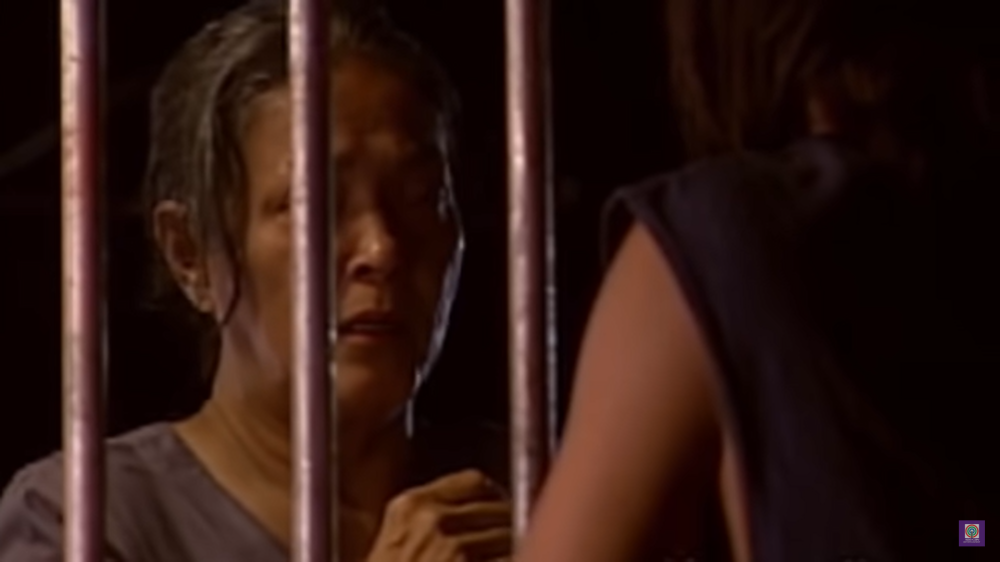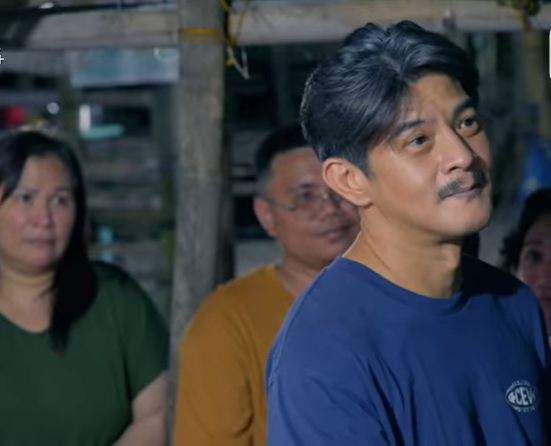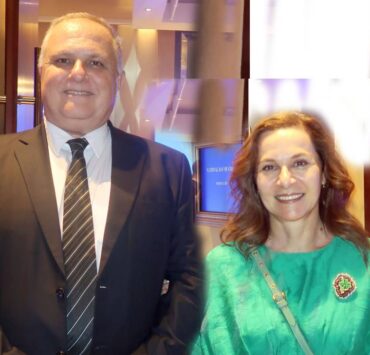Continuing a legacy of healing through storytelling

For over 30 years, the goal of “Maalaala Mo Kaya” (MMK) has been to create a sense of empathy for what Filipinos are going through, according to its host and chief storyteller, Charo Santos-Concio.
The show has done more than bring emotional stories to local television. It has helped spark important conversations—especially about mental health and trauma—long before these topics became common in mainstream media.
By turning real-life letters into episodes, MMK gave a voice to those who often suffered in silence. “We’ve dramatized several episodes tackling mental health issues,” said Santos-Concio. “They showed understanding, awareness, and acceptance of the situations of many Filipinos. It’s about empathy—and also offering tools for healing.”
Many viewers have said that watching the drama anthology made them feel less alone. Some even found comfort or the courage to ask for help after seeing a part of themselves in these stories.
“Watching MMK has been a very cathartic experience for our viewers,” Santos-Concio said. “The program offers not just inspiration, but also relief—that you’re not alone, that pain and suffering are not unique to you. We’re all going through something, just under different circumstances. Everyone experiences pain, suffering, and disappointment. We all have our own personal horrors.”
She told Lifestyle in a recent interview, “When you see how our letter senders transcend these challenges, how they go through a transformative journey and eventually find redemption, it’s inspiring. It gives you strength and courage to say, ‘If they were able to do it, maybe I can, too.’ You see someone who has been in the worst situations pull through, and you think, ‘Why am I complaining?’ or ‘I hope I can get through mine as well.’ The show really gives people courage.”
Standout episode
For Santos-Concio, one standout episode is “Rehas,” which aired in 2007 and featured Gina Pareño, Jhong Hilario, and Sid Lucero in a family drama centered on mental illness and caregiving. The story explored the complex emotions involved in caring for a child with a psychological condition that many still don’t fully understand.

“I was able to speak with the mother and her two sons,” she recalled. “There was so much relief and gratitude. They had a hard time expressing it in words, but you could feel it—especially the mother. She came down from the mountains for our story-gathering session in Aklan because she needed help.”
Santos-Concio added: “There’s that kind of ripple effect with MMK. When we share the stories of people in need, others respond. They’ll say, ‘I want to donate,’ or ‘I want to help this person finish school.’”
Behind every MMK episode is a real story—and real people. That’s what gives the show its power. According to Roda Dela Cerna, head of RCD Narratives, letter senders are deeply involved in the creative process. “We make sure every detail is accurate—even the dialogue,” she said.
Some stories even move viewers to action. “After some episodes air, people reach out to offer help—whether it’s medical assistance, tuition, or therapy,” Santos-Concio added.
After going off the air in late 2022, MMK is officially back. While the format remains familiar, the stories continue to reflect not just personal struggles, but broader social issues.
Meaningful
This season’s pilot episode features “The Voice USA” Season 26 winner Sofronio Vasquez. Elijah Canlas plays the title role.
“I saw him in a video saying he wanted me to play him. No pressure, right?” Canlas said with a laugh. “But what made the experience more meaningful was Sofronio’s support throughout the process. He even coached me. He recorded a Bisaya song for me. He told me, ‘Just show what you understood about me.’ That gave me confidence.”

Canlas, who’s known for his dramatic range, says MMK holds a unique place in Filipino culture. “MMK is such a zeitgeist. You grew up watching it. When someone says, ‘That’s pang-MMK,’ you immediately understand what kind of story that is. To be part of it now—especially with a story that carries so much pain and hope—is something I’ll always be proud of.”
Romnick Sarmenta, who starred in MMK’s very first episode in 1991 and now plays Sofronio’s father, said that same sense of responsibility still exists. “You always feel pressure with a pilot episode. But from the start, we knew MMK was something bigger than us. We’re just the vessels. The real stars are the letter senders,” he said.

Asked if she’d ever take on another acting role in MMK, Santos-Concio said: “Not yet. There’s no ending to my story. But if a role comes along that fits—maybe a grandmother—I’d consider it.”
For now, Santos-Concio said she remains focused on helping others tell their stories, because if MMK has proven anything, it’s that storytelling can lead to healing. And for many Filipinos, healing begins with someone simply saying, “You can do this!”
The new season launched as a limited series on iWantTFC on April 24 and began airing on free TV on April 26 through Kapamilya Channel, A2Z, and Kapamilya Online Live.





















